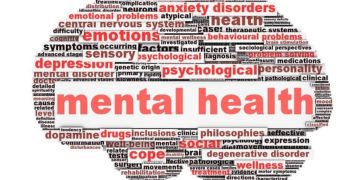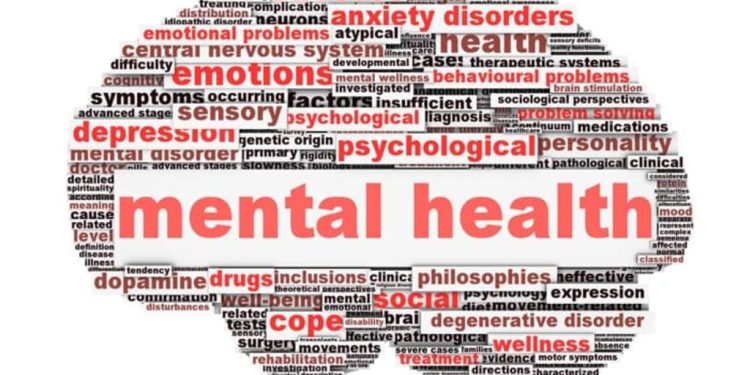In today’s fast-paced and digitally connected world, mental health has become a critical concern for people of all ages. The constant influx of information, social media pressures, and remote work challenges have intensified stress and anxiety for many. Understanding mental health and adopting effective coping strategies is essential for maintaining emotional well-being in the digital age.
The Impact of the Digital Age on Mental Health
- Information Overload: Continuous notifications and news updates can overwhelm the mind, leading to anxiety and burnout.
- Social Media Pressure: Comparing oneself to curated online personas often results in feelings of inadequacy and low self-esteem.
- Isolation: While digital tools connect us virtually, they can also increase feelings of loneliness and disconnection.
- Work-Life Blur: Remote work and constant connectivity make it harder to set boundaries, causing stress and fatigue.
Common Mental Health Challenges Today
- Anxiety and depression
- Sleep disturbances
- Attention difficulties
- Stress-related physical symptoms
Effective Coping Strategies
1. Practice Digital Detox
Take regular breaks from screens and social media. Designate “tech-free” times to recharge and focus on offline activities.
2. Mindfulness and Meditation
Techniques like deep breathing, meditation apps, and mindfulness exercises can help calm the mind and improve focus.
3. Stay Physically Active
Regular exercise boosts mood-enhancing chemicals like endorphins and reduces stress hormones.
4. Build Strong Social Connections
Engage in meaningful conversations with family and friends. Join support groups or community activities to foster a sense of belonging.
5. Set Boundaries for Work and Leisure
Create clear schedules to separate work hours from personal time. Avoid checking emails or work apps after hours.
6. Seek Professional Help When Needed
Therapists, counselors, and mental health professionals offer support and guidance tailored to individual needs.
Using Technology Positively
- Use mental health apps for tracking moods and practicing relaxation.
- Access online therapy or support groups.
- Educate yourself on mental health through credible digital resources.
Conclusion
Mental health is as important as physical health, especially in our digitally driven lives. By recognizing challenges and adopting healthy coping mechanisms, we can build resilience, improve our well-being, and lead balanced lives.

































































